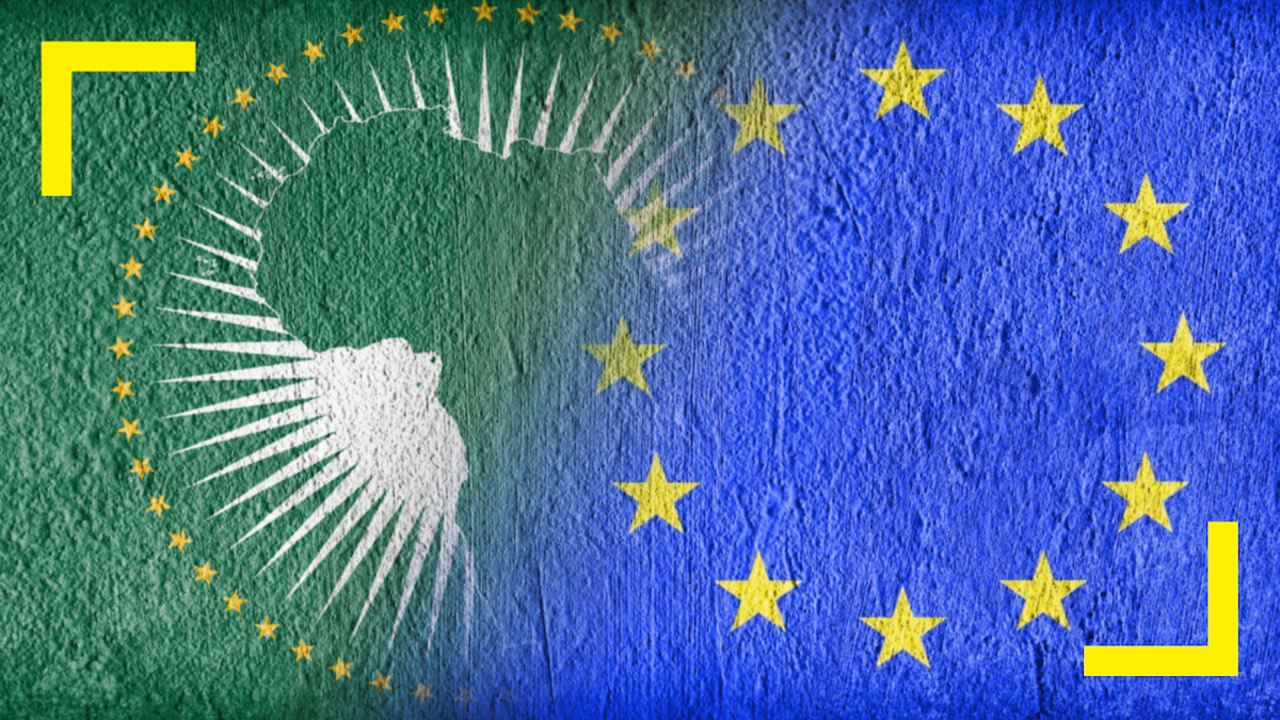Russia aims to mediate reconciliation between Turkey and Syria

Syria redefines its future. Bashar al-Assad's government, in addition to reshuffling its cabinet by up to four portfolios, is rethinking its relations with Ankara at a meeting planned in Moscow between the deputy foreign ministers of Syria, Iran and Turkey. Russian President Vladimir Putin's insistence on negotiating an end to the Syrian war is now taking on new momentum.
Not even two weeks have passed since the Syrian president landed in the Russian capital with a large ministerial delegation to redefine new positions in the region, taking advantage of the climate of reconciliation sponsored by China following the agreements between Saudi Arabia and Iran. With flattering preliminaries between the partners Al Assad and Putin, the visit focused on putting an effective end to the Syrian war at a quadripartite meeting between the deputy foreign ministers of Syria, Iran, Turkey and Russia. The same meeting is to be repeated on 3 and 4 April, under the pretext of a direct meeting between al-Assad and Erdogan.

The benefits for the three countries are enlightening. For Russia, an end to the conflict would mean regaining a more pressing international role - now led by Xi Jinping - and strengthening, among other things, the only Russian military bases in the Mediterranean that the Al Assad regime accommodates. For Turkey, or rather for Erdogan, it would give Turkey a lifeline ahead of the May presidential elections, and weaken the Kurdistan Workers' Party (PKK), which benefits from the oil fields on Syrian territory. But the big beneficiary will be Hafez el-Assad's successor.
The war that has been raging in Syria since 2011 has cost Assad a large part of his oil production and an almost perpetual economic crisis. A situation that the president wants to reverse by reshuffling, as he has already done, four of his cabinet portfolios: new ministers for oil, trade, industry and social affairs. The biggest reshuffle since he was elected for another seven-year term in 2021.
If efforts to minimise the impact have until a few months ago been abortive, since last February's earthquake, Damascus has, oddly enough, emerged stronger. In addition to the fact that the quake hit hardest in the area controlled by regime opponents, several Arab countries that had previously maintained a boycott decided to resume diplomatic ties.

For the first time since 2011, a Saudi plane carrying tons of aid for the earthquake landed on Syrian territory, in Aleppo. Also for the first time, a Jordanian Foreign Minister visited Damascus, after an Emirati one. Oman and Egypt had already taken a step forward.
In any case, Assad rules out any meeting with Erdogan until Turkey ends its "illegal occupation" of Syria, as he told Sputnik in his recent interview in Moscow. Although Ankara reiterates its "support for the sovereignty and integrity of Syria", it occupies large areas in the north and northwest of the country, such as Idlib, where it supports opponents of the Syrian regime.
In any case, the upcoming four-way meeting to be hosted by the Kremlin and hosted by Russian Deputy Foreign Minister Mikhail Bogdanov will give a new impetus to the normalisation of relations between Ankara and Damascus. But what no meeting can in any way remedy is the domestic opposition to al-Assad.
On 15 March, just 12 years after the start of anti-government protests against the Syrian president that ended in war, hundreds of demonstrators protested against Bashar al-Assad's regime in the opposition-held province of Idlib. The conflict has so far left more than 600,000 people dead, 13 million refugees and a large-scale famine alert.








